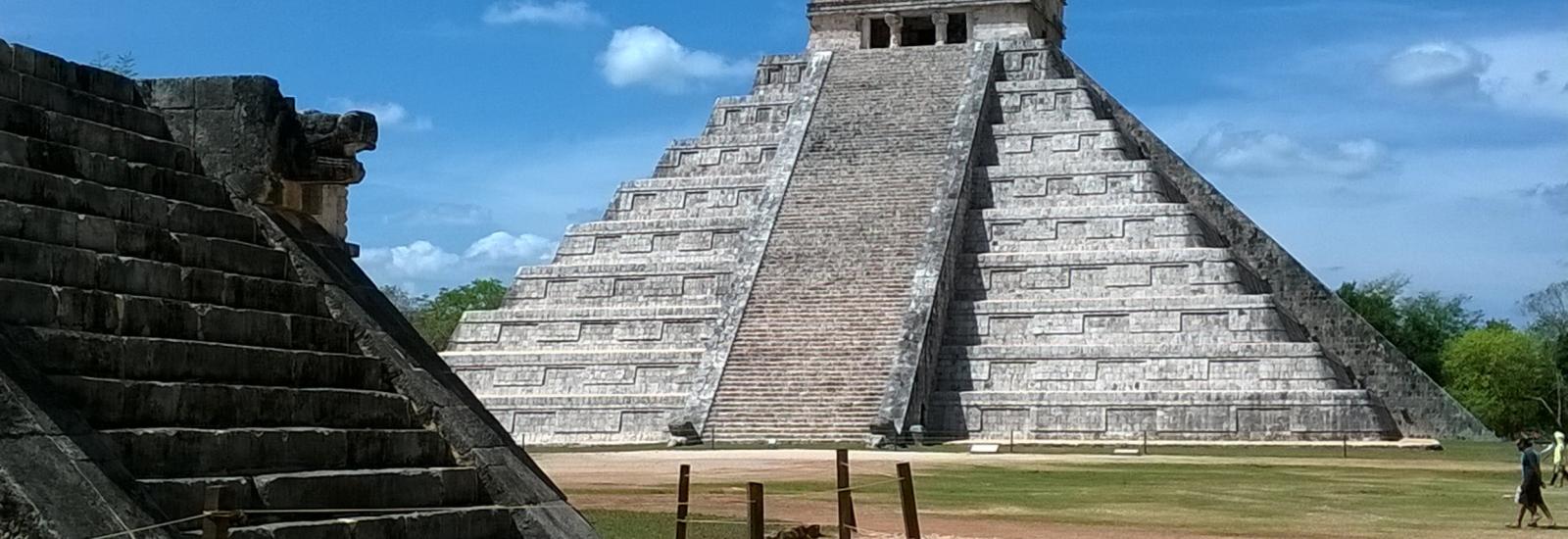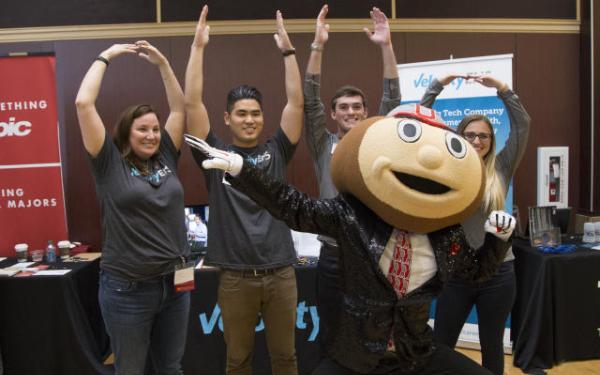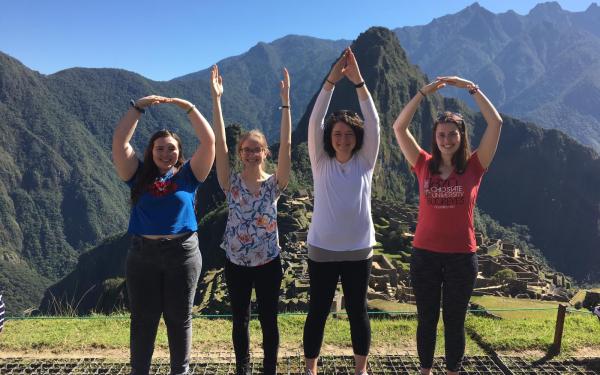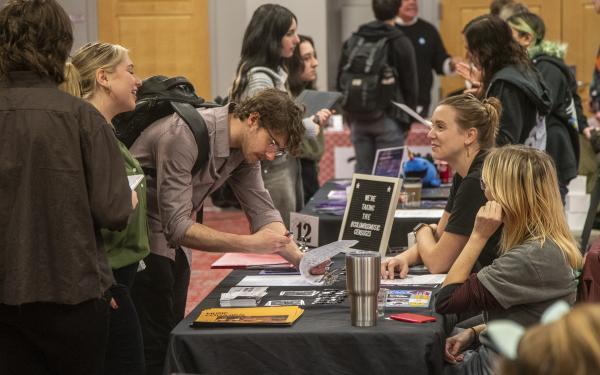World Language PhD Programs in Action: Transferable Skills Development
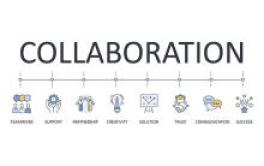
Either by partnering with communities in Columbus for Día de los Muertos or working with other students and faculty in a variety of departmental committees, graduate students improve their collaboration skills, meet common goals, and deliver results as a team.
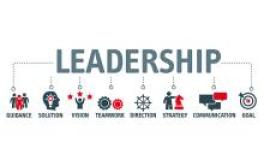
Through outreach, teaching, and mentoring, graduate students develop the skills to motivate, energize, and lead others. They hold leadership positions in the Council of Graduate Students, as Graduate Advising Assistants, or as officers in other student organizations.
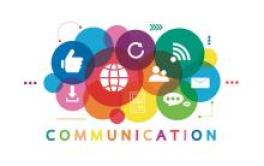
Service roles provide an opportunity to develop written and oral communication skills beyond research and teaching. Graduate Advising Assistants develop undergraduate advising materials and recruitment presentations. The Communications and Library Committe works on a variety of video and design projects.

The dissertation, a large, complex, multi-year project, is just one way to build skills in project management. Through involvement organizing the annual linguistics and literatures and cultures conferences, and participating in other student organizations, students learn how to plan and execute projects while minimizing risk and maximizing efficiency to achieve project goals successfully.

A central part of graduate education is the ability to solve problems through critical thinking. The department’s labs and research groups provide spaces for students to hone their ability to systematically approach complex issues, identify underlying problems, analyze data, and develop effective solutions with peers and faculty mentors across different fields.

Scholars today need a range of technical skills to effectively collect, analyze, and interpret evidence and communicate their findings. Depending on the program focus, students develop the expertise to perform statistical analysis with R, design online Qualtrics surveys, create ArcGIS StoryMaps, and edit audiovisual content with Adobe Express and Canva.


